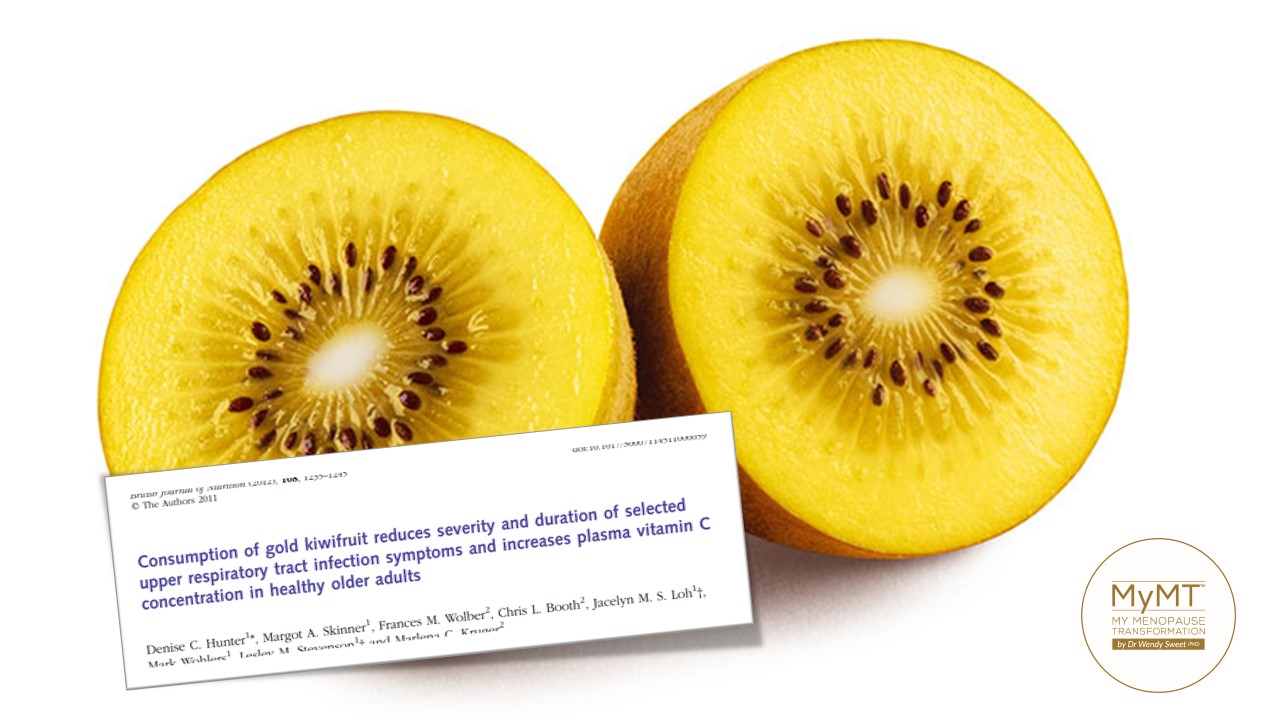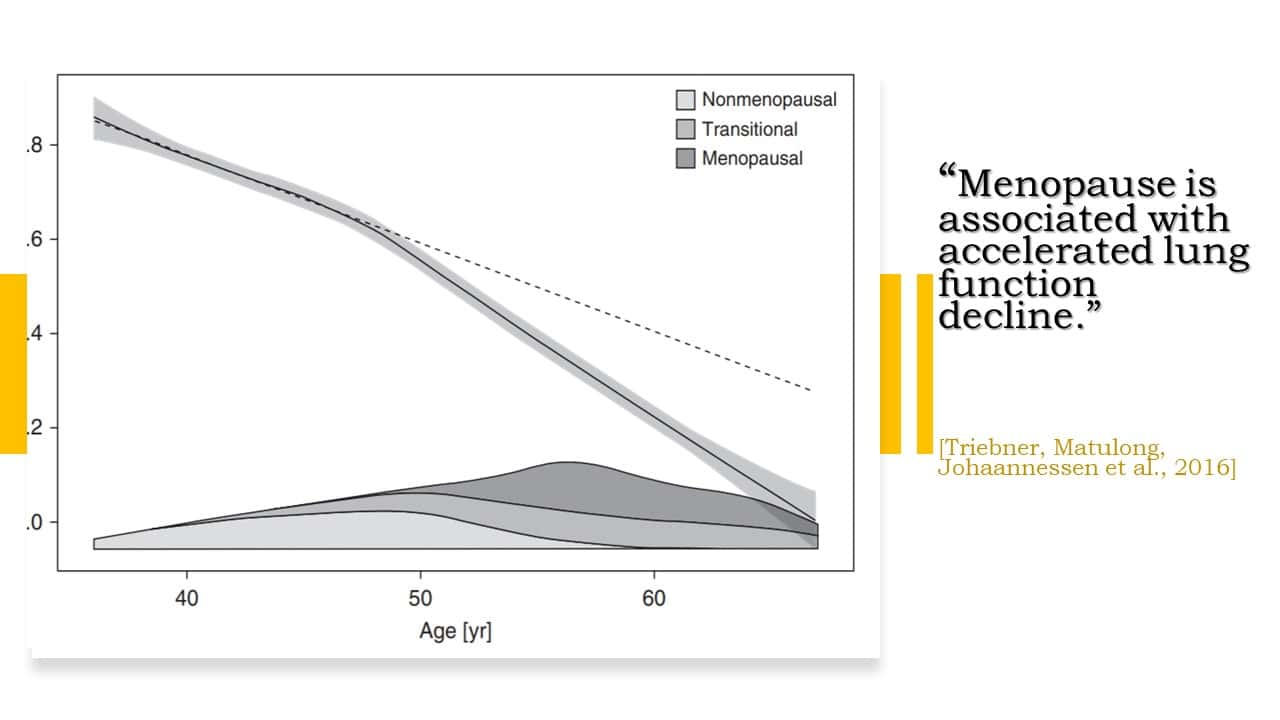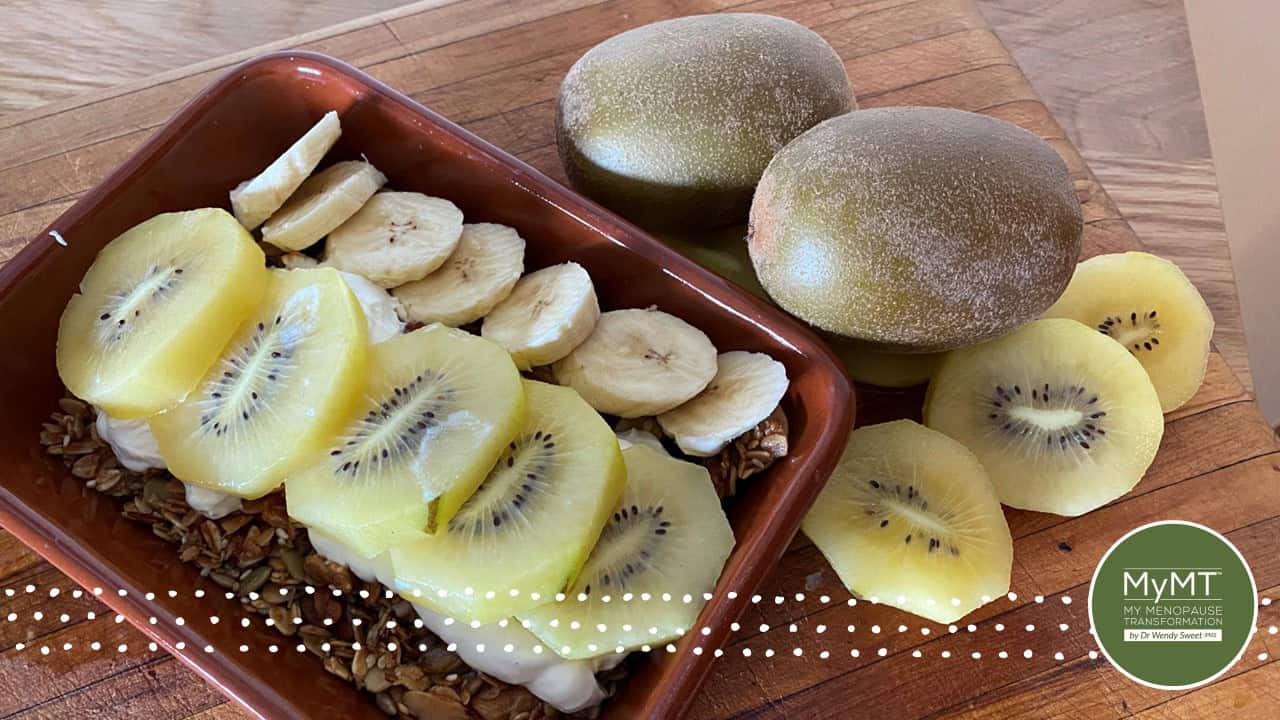The introduction of kiwifruit to New Zealand can be traced to a school teacher, Isabel Fraser, who in 1904 returned from a visit to China with seeds [Richardson, Ancell et al, 2018]. When a new plant catalogue was sent out to his customers, the history of New Zealand kiwifruit mentions that nurseryman, Hayward Wright, listed the plant as “a wonderful fruiting climber” that ripens over winter. It’s no surprise that today, the New Zealand Hayward cultivar is a leading species of Kiwifruit.
Kiwifruit has been getting my attention this week. Not only because winter flus and colds are around, but because so many women on my programmes, especially up in the UK, have mentioned long-covid fatigue. I’ve been talking to them about Kiwifruit.
The Vitamin C (Ascorbic Acid) health benefits of Kiwifruit are well known. Total ascorbic acid content in the Hayward green kiwifruit cultivar are typically between 80 and 120 mg per 100 g fresh weight (Richardson et al, 2018). But it’s the other variety of kiwifruit that caught my attention this week – Kiwifruit Gold.
When it comes to reducing the severity and duration of head congestion and the duration of sore throat, compared with eating a banana, Gold Kiwifruit won hands down. Gold kiwifruit significantly increased plasma vitamin C, a-tocopherol (Vitamin E and blood cell (erythrocyteo) folate concentrations. (Hunter, Skinner et al, 2012).

Whilst I don’t have a specific recipe for you this week, I invite you to email me your best Kiwifruit recipe if you can! wendy@mymenopausetransformation.com. I would love to share it with my community, especially those who are experiencing long-covid and ongoing upper respiratory tract infections.
As we move through menopause, ageing produces changes in our lungs and airways. Both the airways and blood vessels become stiffer and the air sacs lose their elasticity, making it more difficult for gases to move into the bloodstream. As such it is easier for us to accumulate inflammation in our tiny little airways that sit inside our lungs. These are known as the aveoli.

Several lung diseases have been associated with oxidative stress. Yes, for many people this is linked to insults such as cigarette smoke, air pollutants and infections. Consequently, dietary factors and nutrients with a potential protective role in the oxidative process and inflammatory response have been researched.
Nutrients that have an anti-inflammatory effect include fruits and vegetables, antioxidant vitamins such as vitamin C, vitamin E, beta-carotene and other carotenoids, vitamin A, fatty acids and some minerals such as sodium, magnesium and selenium. “Cross-sectional and longitudinal studies strongly suggest that long-term vitamin C intake is significantly associated with better lung function” says the Harvard report.
I know that many of you might be struggling with your immune health these days, so in the MyMT™ Kitchen this week, this is a reminder to add Kiwifruit to your diet – have it on your muesli, cut it in half and eat it with a teaspoon ‘as is’, or find ways to add it to your salads.
This powerful fruit also has digestive benefits and helps with other gastrointestinal disorders, including symptoms of irritable bowel syndrome. I know some of you may be experiencing this symptom that has arrived in your menopause transition too because numerous women on my programme have told me this as well.
We often get side-tracked with all sorts of advice about what to eat as we move through menopause don’t we? And yes, I used to as well. But if you understand that our menopause transition is a natural trajectory into our ageing and as such, our lungs are changing and remodelling to accommodate our new stage of life, then I hope that no matter where you are in the world, you can add a little bit of ‘Kiwi’ to your day.
Wendy

References:


